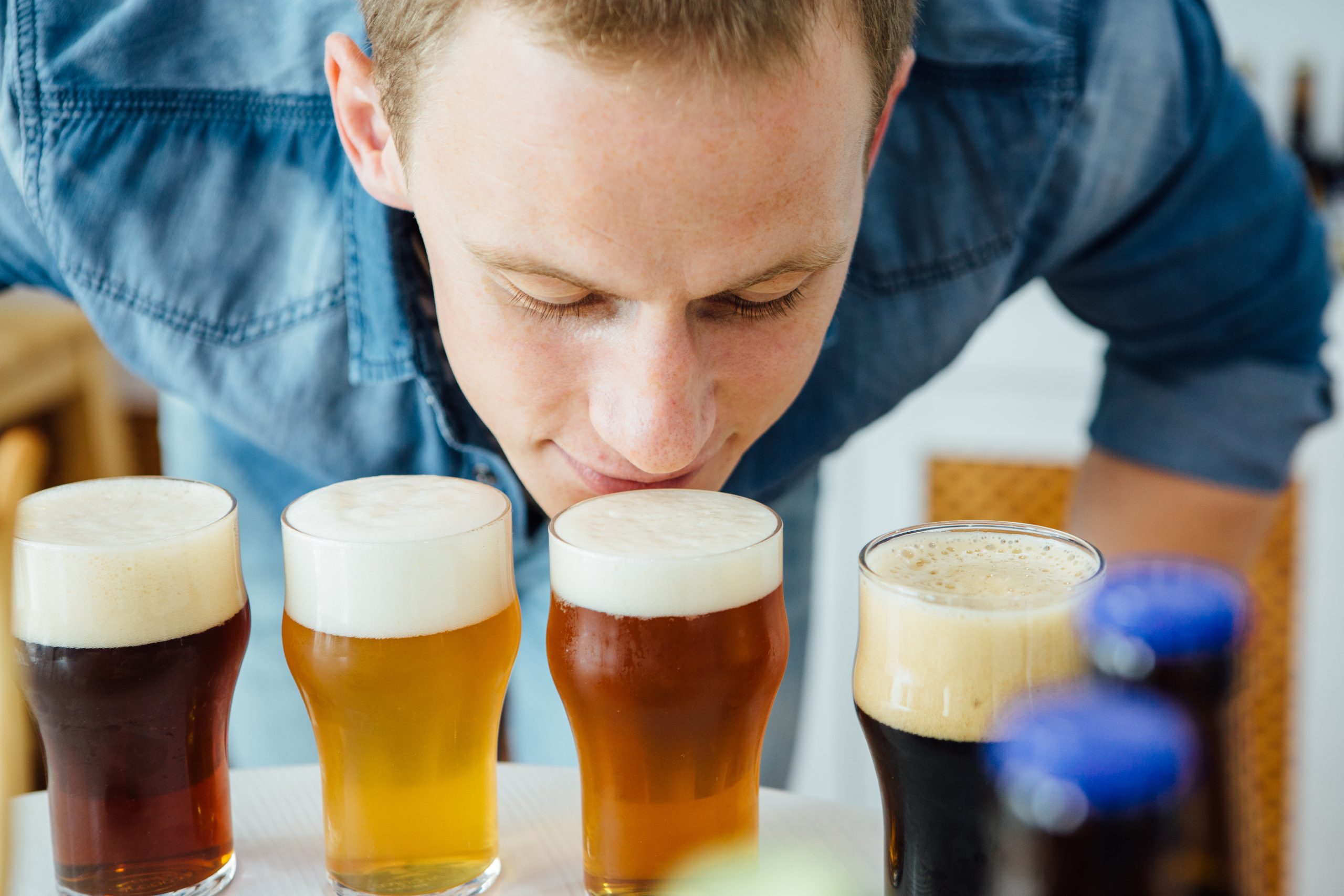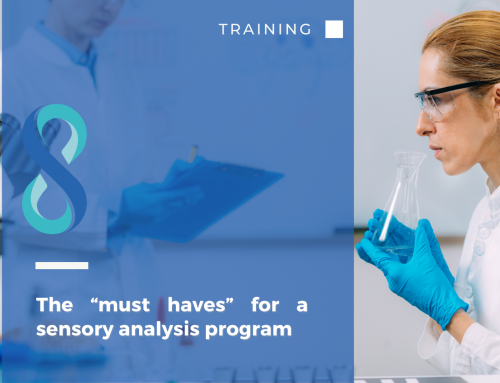Sensory analysis mistakes, why do we make them?
Although our senses are very powerful tools, sometimes even more sensitive than state-of-the-art scientific equipment, if not used correctly they lead us into error and return wrong answers during our evaluation sessions.
There are many traps which we need to avoid in order to carry out proper sensory sessions. We can group them into three main blocks
Each one of these categories includes some of the most frequent evaluation errors that we have to keep in mind in order to obtain the best performances.
Physiological Errors
This type of sensory analysis mistake derives from our natural response to sensory stimuli. Let’s get acquainted with them.
Among the physiological errors we can list
Psychological errors, don’t let your brain fool you!
Psychological errors are related to the way our brain processes sensory information. The most commonly found are
Other common mistakes you should avoid
A part from the first two macro-groups of errors, there are some other common mistakes which should be avoided. They can still be listed under the physiological or psychological errors category although the are of minor importance.
Do you use sensory science in your line of work?
If yes, what is your main concern/challenge? If no, why not? Are there any obstacles that prevent you from using it?
To each error, there is a solution
That was a lot of information! Here’s a quick wrap-up of the main points.
Our senses and our brain are extremely powerful tools provided we understand how they work and how they interact together. Some sensory analysis mistakes depend from the natural way our body reacts to sensory stimuli. They are called physiological errors. Other mistakes occur because of the way our brain interprets such stimuli and in this case they are called psychological errors.
An appropriate training of both the panel leader and the panelists will reduce the possibility to incur in such mistakes or at least, will make it easier to prevent them or to reduce their effects.
Have you ever experienced such mistakes? How did you manage to get over them?




